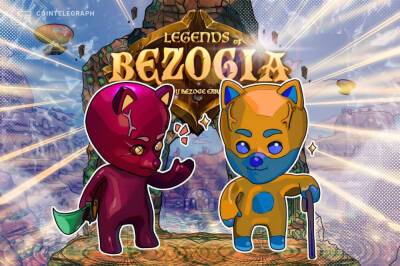Leader in cross-chain releases tool to easily call contracts between any network
Although blockchain technology, in general, is seeing rates of increased adoption, another barrier still exists before its usage hits the mass market. The barrier itself is more commonly known as blockchain interoperability. At present, there are multiple blockchains at play, each excelling in its own area and facing shortcomings in others. Consequently, blockchain networks now operate independently from each other without interacting. Their independence makes it difficult for participants to transact across blockchains and for developers to create a solution that realizes the entire potential of blockchain technology.
To address this issue, many believe a one-size-fits-all blockchain will be the only way to guarantee mass adoption, while others are relying heavily on cross-chain bridges to connect independent ecosystems. Regardless of the outcome, one reality rings true: interoperability is necessary for a decentralized world.
Rising to combat this gap is Multichain, a project positioned as the “ultimate router” for Web 3.0. With their solution, blockchains will be able to interoperate without restrictions to Ethereum-like chains, layer-2 chains tied to Ethereum (ETH), networks of parachains or otherwise. Accordingly, Multichain has already become a leader in cross-chain speed, security and costs in alignment with its mission.
However, the team is still actively striving towards creating the infrastructure of Web 3.0, an effort evident in the latest release of their v4 product, anyCall. AnyCall is a generic cross-chain message protocol that enables users to send messages and call contracts from chain A to chain B. In reference to this release, a member of their team shares, “anyCall is a groundbreaking breakthrough in
Read more on cointelegraph.com

















